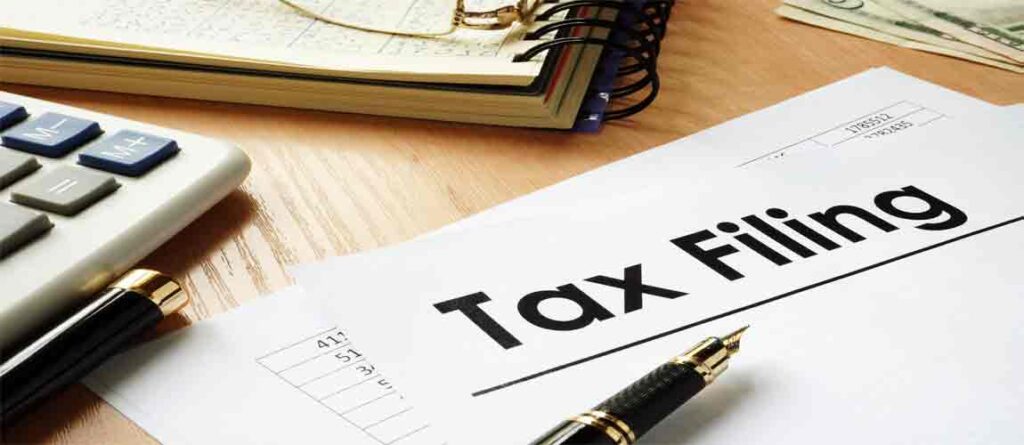


May you need to act before moving out of Canada? It’s not only the number of days that will decide that you’re a Canadian resident for tax purposes but several other factors that will be counted. Your status may be categorized as “ordinarily resident” or “deemed resident” of Canada. In this article, we will describe the most major common factors to give you an idea to determine whether you will be considered a Canadian resident for tax purposes or a non-resident for Canadian tax purposes.
The term “residency” or “resident” has not been defined in the Canadian income tax act. However, the Supreme Court of Canada in Thomson v Minister of National Revenue, [1946] SCR 209, 2 DTC 812 held residence to be “a matter of the degree to which a person in mind and fact settles into or maintains or centralizes his ordinary mode of living with its accessories in social relations, interests and conveniences at or in the place in question.”

For Canadian income tax purposes, a Canadian resident for tax purposes reports his worldwide income on their Canadian income tax return for the year. A non resident of Canada files an income tax return in Canada only if they have income from Canadian sources. They report on their tax return income in Canada only from Canadian sources.
An individual residency status has been further categorized as “ordinarily resident” or “deemed resident” of Canada. Again, an ordinarily resident of Canada reports their worldwide income on their Canadian income tax return for the part of the year when they were resident of Canada. For the rest of the year, when they were a non-resident of Canada, they report income that was only from Canadian sources.
In the above case of Thomson, the honorable judge Estey J. held that “one is “ordinarily resident” in the place wherein they settled routine of his life he regularly, normally or customarily lives.”
A deemed resident of Canada reports their worldwide income on their Canadian income tax return for the year. However, in this situation, an exception may apply under the tie-breaker rules if Canada has a tax treaty.
Based on the above court decision, the Canada Revenue Agency has provided its interpretation and clarified its position in Income Tax Folio S5-F1-C1.
Emigrating Canada – Factual residence

Canadian resident for tax purpose
If you are leaving Canada, the following factors will be considered in determining if you are a Canadian resident for tax purposes.
Significant residential ties – a place of residence, spouse, or dependents present in Canada.
Secondary residential tiles – Usually, your residency status based on secondary residential ties is determined on collective ties basis.
If a determination is not made based on your residential tie or ties with Canada, the CRA may use the term “ordinarily resident” in Canada. This situation generally applies when you are physically not residing in Canada for several months or years, but you have residential ties with Canada.
The following factors will generally be considered in determining whether your residential ties are significant.
Another important factor that CRA considers in determining your residency status is your actions. What have you done before departing from Canada? You may require taking specific steps, including filing for determination, capital gain tax deposit, or informing a Canadian resident payer, etc.
At RKB Accounting, we study your case comprehensively, provide you with complete advice, and take care of all your filing requirements across the border.
RKB Accounting has expertise in cross-border taxation and has been providing accounting and taxation services for the last fifteen years in Canada and USA. RKB services include incorporating a business on both sides of the border, bookkeeping, sales tax, payroll, and corporate and personal income tax. RKB’s expertise includes cross-border tax planning, long-term tax planning, helping business start-ups, business structure planning, and resolving complex tax matters. RKB a CPA(Delaware), CA(India), and CIA(USA) has over 25 years of experience in accounting and taxation in dealing with various countries in the world.
Disclaimer: Information in the blog/post/article has been presented for a broad and simple understanding. This is not legal advice. RKB Accounting & Tax Services does not accept any liability for its application in any real situations. You need to contact your accountant or us for further information.